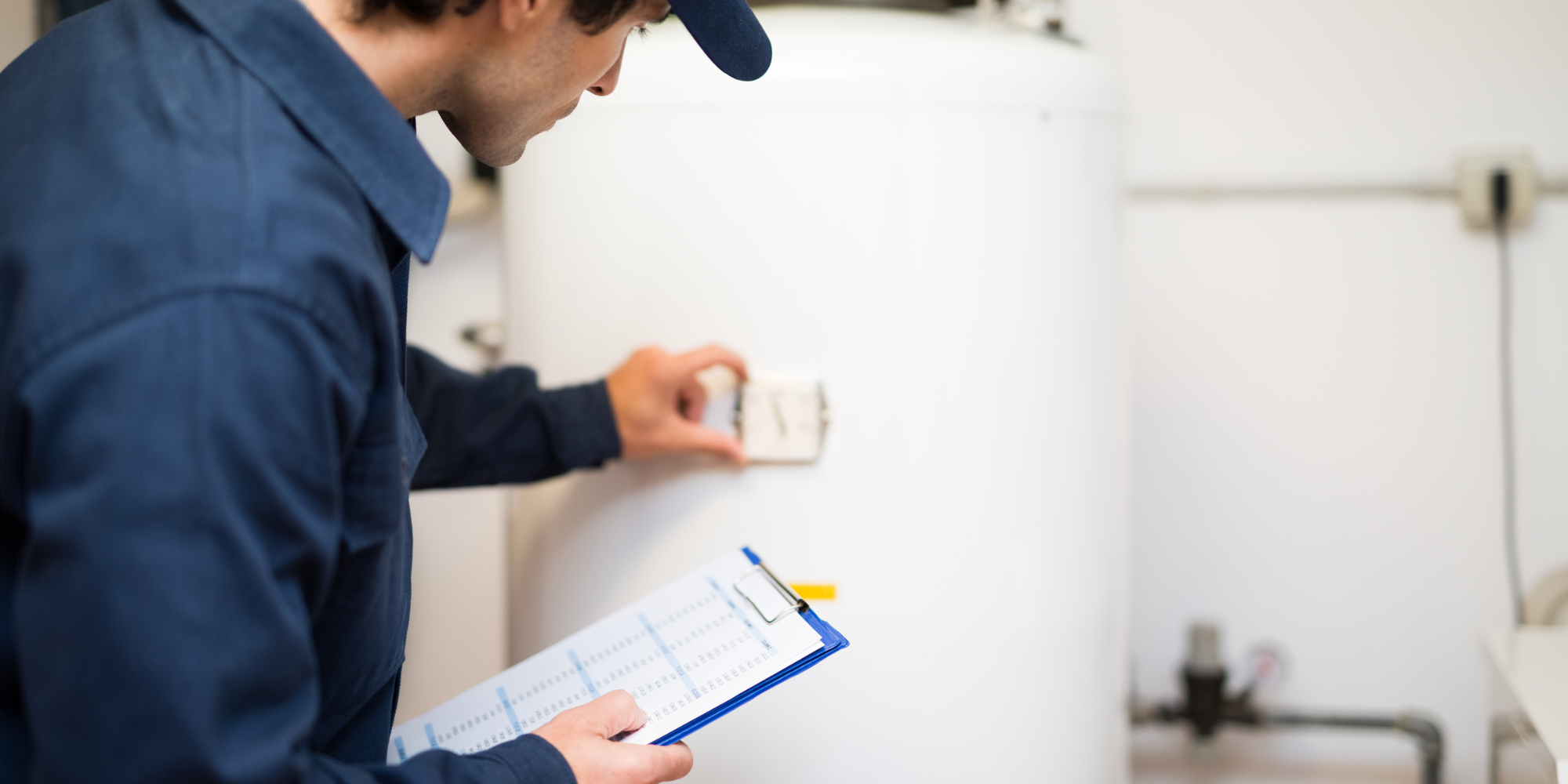What to Do If Your Water Heater Is Leaking
A leaking water heater can be a homeowner's nightmare, leading to potential water damage, increased utility bills, and even safety hazards. Knowing how to react promptly and effectively can make a significant difference in minimizing the damage and restoring your home's comfort. In this guide, we'll walk you through the steps to take if you discover your water heater is leaking, providing valuable insights and practical tips to address the issue swiftly and efficiently.
Identify the Source of the Leak:
The first step is to determine the source and severity of the leak. Check for pooling water around the base of the water heater or any signs of dripping or moisture on the unit itself. Leaks can occur due to various reasons, including a corroded tank, loose fittings, or a faulty pressure relief valve.
Turn Off the Water Supply:
Once you've confirmed that your water heater is leaking, it's crucial to shut off the water supply to prevent further damage. Locate the cold water shut-off valve connected to the inlet pipe leading to the water heater and turn it clockwise to stop the flow of water.
Turn Off the Power:
For electric water heaters, switch off the power supply at the circuit breaker to avoid the risk of electrical hazards. If you have a gas water heater, turn the gas valve to the "off" position to cut off the fuel supply.
Drain the Tank:
To relieve pressure and minimize leakage, drain the water heater tank. Connect a garden hose to the drain valve located near the bottom of the unit and open the valve to allow water to flow out. Be cautious as the water may be hot. Drain the tank completely before proceeding with further inspection or repairs.
Inspect for Damage:
Once the tank is drained, carefully inspect the water heater for any visible signs of damage or corrosion. Check the pressure relief valve, fittings, pipes, and the tank itself for cracks, rust, or other indications of wear and tear.
Take Necessary Repairs or Contact a Professional:
Depending on the extent of the damage and your level of expertise, you may choose to undertake repairs yourself or seek assistance from a qualified plumber. Common repairs for leaking water heaters may include replacing worn-out fittings, repairing or replacing the pressure relief valve, or even replacing the entire unit if the tank is severely corroded or damaged.
Conclusion:
Dealing with a leaking water heater can be stressful, but taking prompt action and following the appropriate steps can help mitigate the damage and restore your peace of mind. By identifying the source of the leak, shutting off the water and power supply, inspecting for damage, and taking necessary repairs or contacting a professional, you can effectively address the issue and prevent further complications. Remember to prioritize preventive maintenance to keep your water heater functioning efficiently for years to come. If you need assistance with your water heater or have any questions, don't hesitate to reach out to the experienced team at Marv's Plumbing & Heating.

